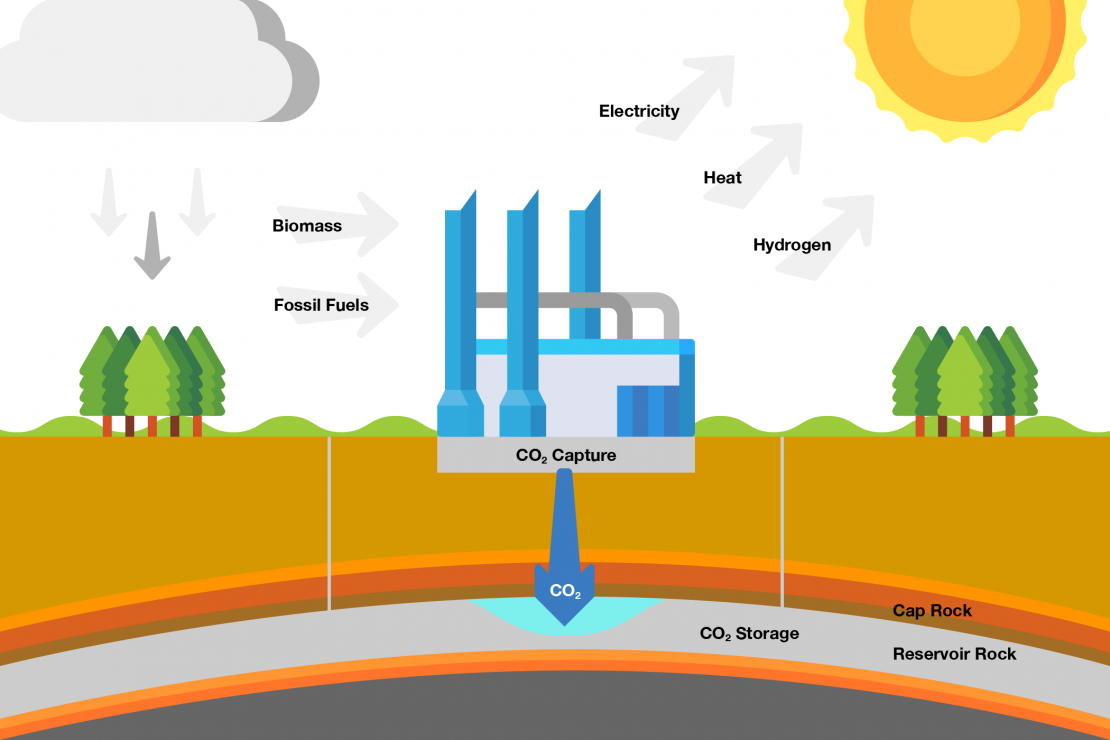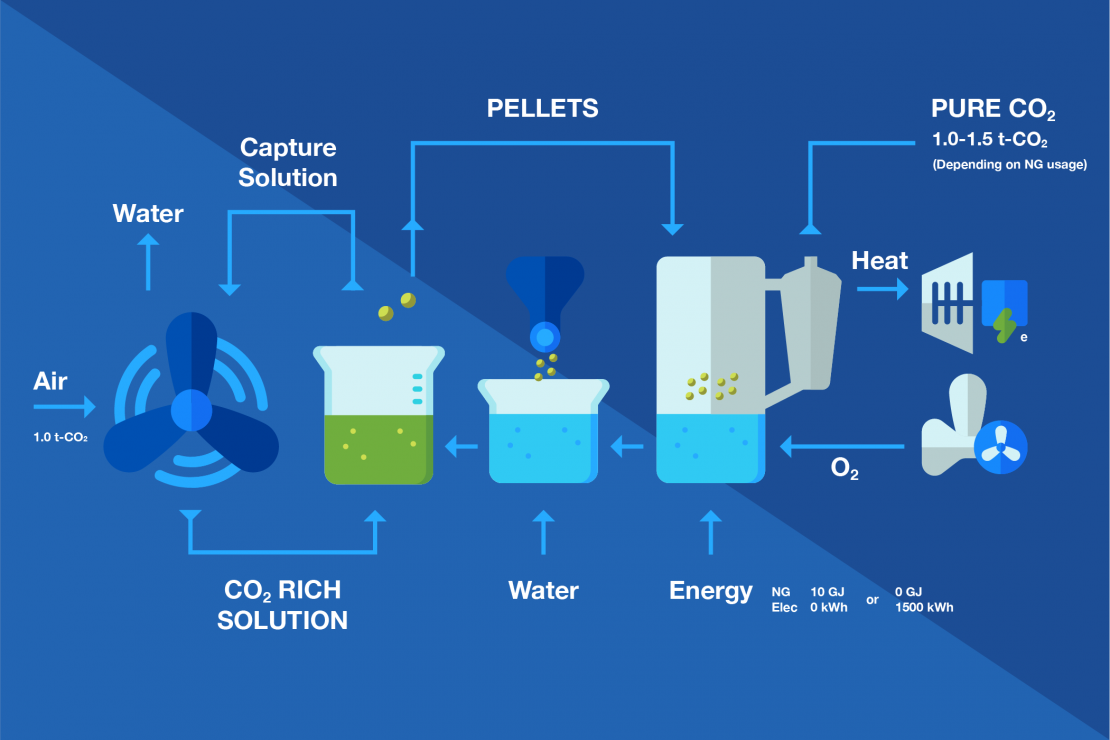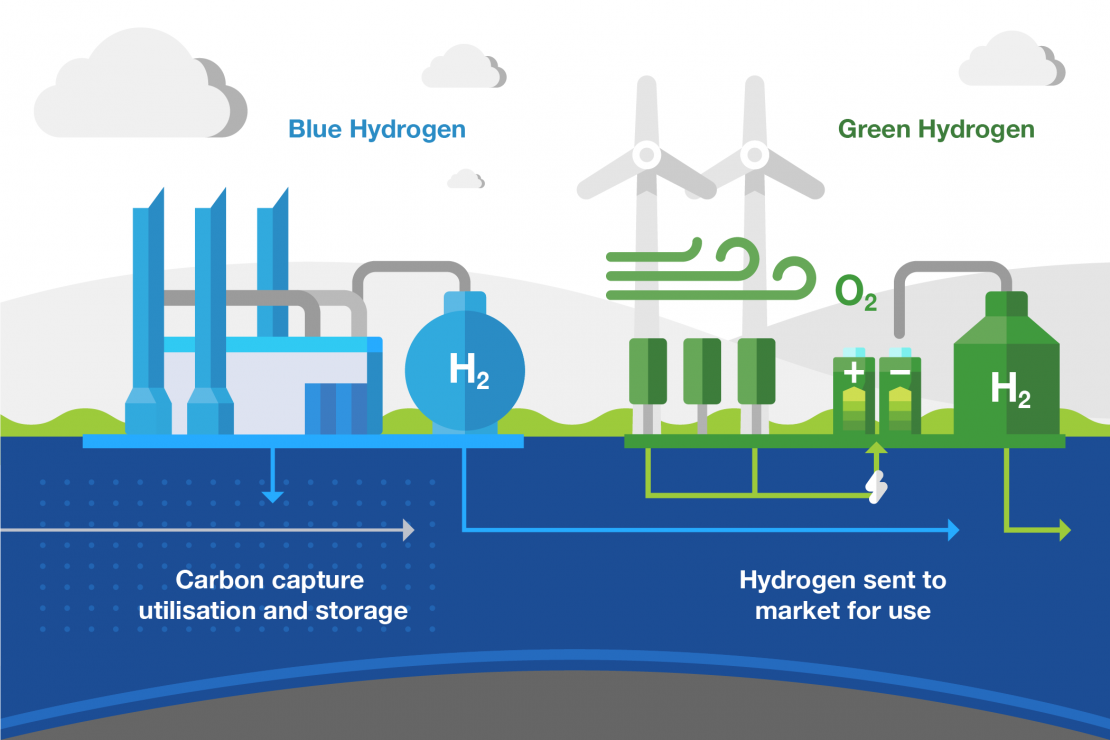
Home / What is industrial decarbonisation?
What is industrial decarbonisation?
We cannot deliver Net Zero without decarbonising industry
But now, with the UK legally obliged to meet its net zero target by 2050 we must tackle CO2 emissions from industrial sources such as chemical processing, heavy industry and the manufacturing of construction materials.
Whilst industry will continue to be more energy and resource efficient. Industrial decarbonisation will focus on two challenges: delivering clean energy for industrial consumption with much of this being used to create large amounts of heat for which electricity is inefficient, and abating the CO2 created in the industrial process.
NECCUS supports the development and deployment of all the technologies that are capable of helping to achieve this.

The technologies involved in the capturing of CO2 in this manner are well understood with many of then having been deployed successfully in recent years.
Learn more
Direct Air Carbon Capture (DACC) is a system that draws down CO2 out of the air so that it can be either permanently stored or used in other processes.
Learn more
Blue hydrogen is still made from fossil fuels but as part of a Carbon capture system that allows for the CO2 to captured and stored making the hydrogen a net zero fuel.